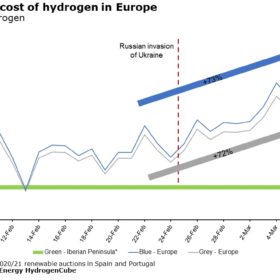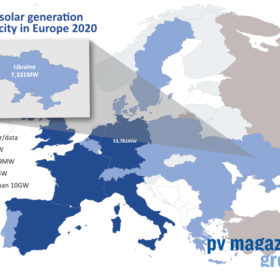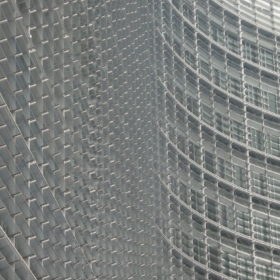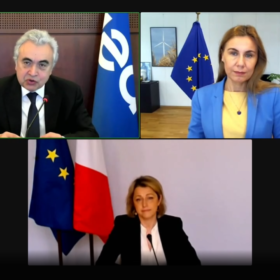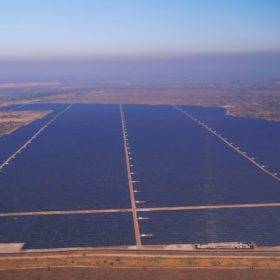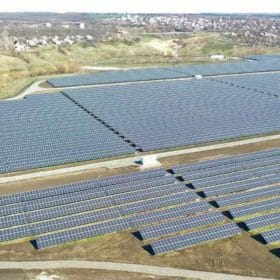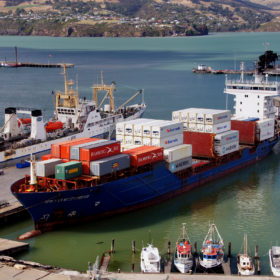Invasion of Ukraine an inadvertent boost for green hydrogen
Rystad Energy has joined BloombergNEF with a significant forecast for gray and blue hydrogen off the back of Russia’s invasion of Ukraine. According to the analysts, the impact of the war has sent prices of fossil fuel-tied forms of hydrogen production surging, leaving the gradual but consistent downward price trend of green hydrogen now looking remarkably competitive.
Solar plants under threat from hostilities in Ukraine
Trade body the Ukrainian Association of Renewable Energy says more than 70% of the nation’s solar fields are either in, or near regions which have been affected by the fighting.
Russian invasion of Ukraine weighing on Moldova’s PV sector
The first months of the year pointed to a boom in Moldova’s solar sector, but the war has already started to negatively affect investment decisions.
The EU plan to drastically ramp renewables to replace Russian gas
The European Commission yesterday announced its intent to remove demand for two-thirds of its Russian gas supply in less than nine months and hugely accelerating the rate of solar deployment is a central part of its radically raised clean energy ambition.
IEA outlines plan to rapidly reduce dominant role of Russia in Europe’s energy markets
The International Energy Agency today published a 10-point plan for Europe to reduce its reliance on natural gas imported from Russia. The plan would see Russian gas imports to EU member states reduced by one third within a year, and notes that further reductions within this timeframe would come with significant tradeoffs, likely to impact both energy prices and Europe’s Green Deal. The plan was presented by Fatih Birol, executive director of the IEA, in a virtual press conference held earlier today.
Ukrainian energy company restarts grid generation from its solar parks
Clean energy facilities have been ordered offline in the nation since Thursday as the national grid ran an exercise to establish how it would function in isolation from the power networks of Russia and Belarus.
Scatec provides update on operations in Ukraine
The Norwegian renewable energy developer said its solar power plants are still intact and can be operated remotely. It is currently assisting its Ukrainian employees by offering transportation, accommodation and other immediate support.
‘Ukrainian gas – and renewables – can offer Europe energy security’
While the chief executive of Ukraine’s biggest private energy company scrupulously mentioned the role renewables could play in counteracting the Nord Stream 2 gas pipeline, he called for his country’s gas market to be liberalized just as the European Commission appears set to rubber stamp gas as ‘sustainable.’
Ukraine drafts rules for renewable energy auctions
The Ukrainian authorities have drafted new regulations to provide technology-neutral, feed-in-premium payments to renewable energy plant operators, in addition to the wholesale electricity price under contracts for difference.
The Hydrogen Stream: Air Liquide eyes South Korea as Cummins announces fuel-cell truck plans
With Australia prepping plans for vast green hydrogen and ammonia production facilities, two of the country’s state governments are trying to drum up the end-user market as agreements are signed to drive use of the gas in Ukraine and Poland.
